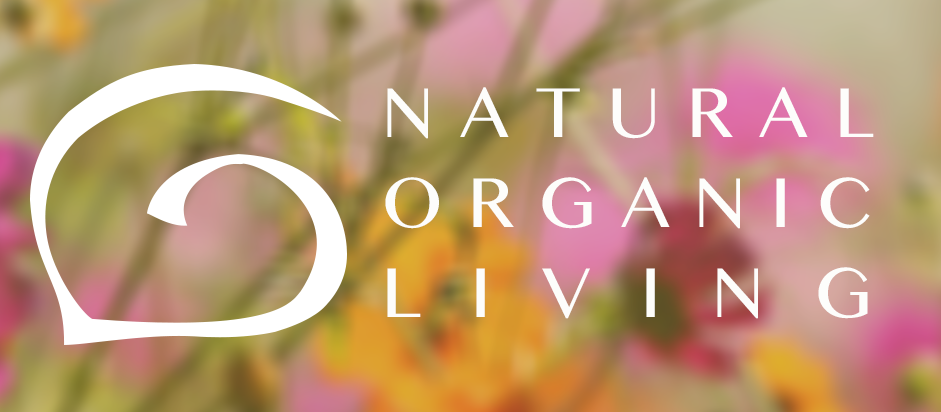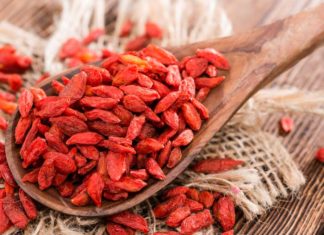
Organic farming is not a new concept for our farmers. Traditionally all farm was organic farms until the 1900s with the introduction of nitrogen fertiliser and so the beginning of our current way of farming.
Definition of organic farms
According to the International Organic Agriculture Organisation (IFOAM): organic farming is a synchronised system for the implementation of processes with the result of ensuring a sustainable ecosystem. Which is food safe, good nutrition, humane with animals and social justice. There is no use of synthetic agrochemicals and non-organic growth factors, facilitating complete transformation in the farming system, using only existing sources on the farm and supplies according to the standard of the production process. This farming is mainly based on organic fertiliser such as animal manure, green manure, compost, bone meal, etc. Emphasis should be placed on rotational crop techniques, biological pest control, intercropping with pest control or encouraging animal survival as a natural enemy of pests.

What is organic farming?
The basic principles of organic farming
Organic farming is an agriculture form that avoids or eliminates most of the use of synthetic fertilisers, pesticides, plant growth regulators and additives in animal feed.
The primary purpose of organic agriculture is to maximise the health and productivity of independent communities in the land, crops, livestock and humans. In general, organic farming will improve and maintain the natural landscape and agricultural ecosystem, avoid overexploitation and pollution of natural resources, minimise energy use and non-renewable resources, produce sufficient nutrition, non-toxic and high-quality food in flavour and cumulative characteristics. Also, it maintains and preserves the fertility of the soil, less pollutes water sources (underground water, rivers, lakes,…). It also protects the wildlife of birds, frogs, insects, etc., and provide high biodiversity, no hormones and antibiotics in animal products, make it possible for agricultural producers to earn a living through their work and develop their potentialities as a human being. Organic farms are now a small industry, but the number of organic farmers is growing by about ten percent per year. It is good news for our agriculture practices.
Objectives of organic farming
Organic farming goals are as below:
- Produce food with higher nutritional quality
- Work with the natural system
- Maintain and increase soil fertility
- Use renewable resources instead of non-renewable resources as much as possible
- Avoid pollution
- Wider social and ecological impact of the farming system
- Allow satisfaction to the agricultural producer
What are contemporary farms?
All of the agriculture forms except organic farming use non-renewable resources, synthetic chemical fertilisers, pesticides, herbicides and other continual inputs.

Impact of pollution on human’s health
Difference between contemporary and organic farming
| Conventional farming | Organic farming |
| It is based on economical orientation | It is based on ecological orientation |
| Synthetic and chemical fertilisers are used | Synthetic fertilisers not allowed to be used, they replaced it by natural fertilisers such as manure or compost to nourish soil and promote plant growth |
| GMOs are used | GMOs not allowed |
| Pesticides, herbicides and fungicides are used to control pests, herbs and diseases | Biological methods and beneficial insects are used to control them |
| Produce is carcinogenic and causes several health problems to farmers like asthma, birth defects, neurological effects, cancer, hormone disruption and Parkinson’s disease. | Friendly with environment, no such problem is observed here |
| Air, water, soil pollution | Rare problems are observed |
| Herbicides added to the soil are used to kill weeds | Weeds are physically removed |
| Mono-crop culture | Rotate crop |
| Use antibiotics, growth hormones and medications on animals to prevent diseases and promote growth | Give organic feed to animals and allow them access to open pasture while utilising rotational grazing patterns |
| Conventional products are cheaper than organic farming products | Organic products are very expensive |
| Maximum productivity as much as possible with the use of modern technology, do not care too much about environment pollution. | Producing healthy and safe food for customers and cutting environmental pollution down to zero level |
Organic Certification
There are national and international standards for organically farmed products, but you could not find such standards in conventional or modern farming. Organic farmers need to get a certificate certifying that they are practising methods according to the standards of organic farming before selling their products to the market. There are a lot of organic certification in agriculture in Australia like Organic Food Chain (OFC) or National Association for Sustainable Agriculture Australia. According to these certifications, all of the products certified organic in Australia:
- Do not contain Genetically Modified Organisms (GMO’s products)
- Do not consist of synthetic additives
- Do not use chemical pesticides, herbicides and fungicides
- Have not been treated with ionising radiation
- Not produced or manufactured using nanotechnology
- Do not interfere with the natural metabolism of livestock and plants

Process certified organic in Australia
Advantages of organic farming:
- Organic matter supplies all the essential macro and micro plant nutrients
- Improves physicochemical and biological properties of soil
- Environmental friendly improves agro-ecosystem and helps in stopping environmental degradation.
- Some products are believed to be more nutritious than conventional ones
- Organic products have better prices in national and international markets
Disadvantages of organic farming
- Production may cost higher than other farming methods because they have to pay more for organic animal feed.
- Organic farming requires considerable skill to farm, so it is hard to find experienced and skilled workers in this major.
- Cannot produce as much as modern farming due to the restriction of chemical ingredients.
- Organic products seem to be more expensive than conventional products.
- The shelf life of organic food does not last as long as conventional or modern food.
- Take lots of times and energy but low productivity.
What are benefits of conventional farming?
The fact is conventionally farmed products cost less than the organic ones, and the farmers can respond rapidly to customers’ demand because they can use hormone supplements forcing them to grow faster.
What are the negatives of conventional farming?
- Up to 90 percent of our most commonly eaten foods are contaminated with pesticides, which build up in colons and cause serious disease like cancer. Pesticides easily turn into vapour and drift through the air, harming wildlife outside of the sprayed area.
- Conventional farming is a huge source of carbon loss, the soil and the land may degrade because of mismanagement of soils
- A lot of pollution, environmental problems.
When you understand the information above, we can realise that organic farming is much better than conventional farming. It is more friendly with the environment and also produces safe, healthy for us. Out of war, we look for a short-term solution shortage of food. We adopted these chemical and synthetic, unknowingly harmful substance to produce an abundance of food for us. But now we know the truth of these substances, we can make the right choice for us. Now is the time to shift conventional farming to organic farming to protect our future.
For more information, please visit our website at https://naturalorganicliving.com.au/. Thanks for your reading.













